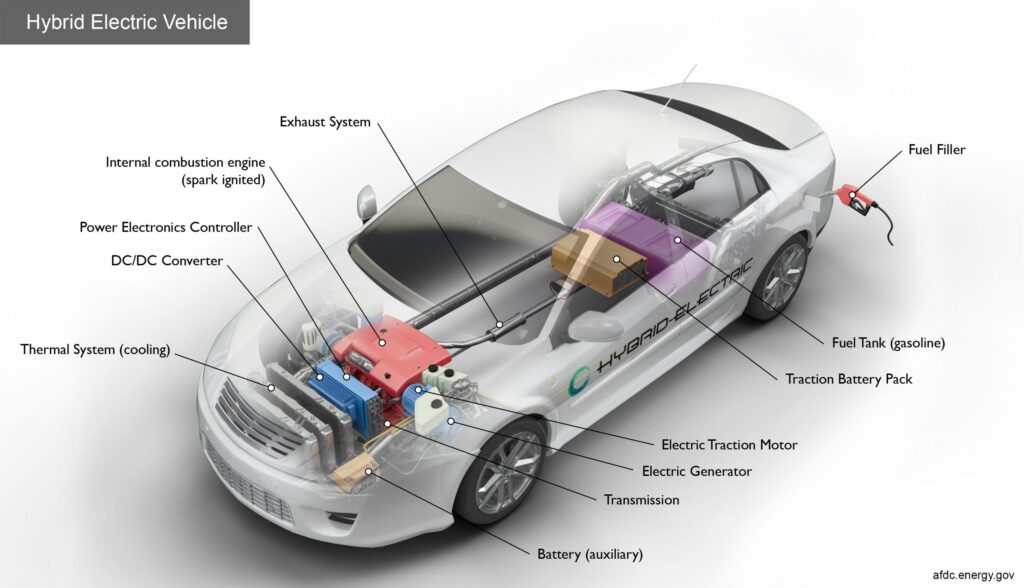Menu
Menu

Updated on Jun 19, 2023 | 2 min read
If you use the vehicle on short journeys and charge it using 100% renewable energy, then yes: your hybrid is much better for the environment than a typical car because you’ll be effectively emitting zero carbon into the atmosphere. Lower emission vehicles have less of an impact on air quality. Although hybrid vehicle production is more energy-intensive and results in higher production emissions, hybrid vehicles are still the greener choice overall.
They have a battery along with a fuel-powered engine. So it naturally follows that hybrids produce fewer emissions than conventional cars – but more than BEVs. So, although they’re not emission-free, they are considerably better than a petrol or diesel car.
On average, a hybrid car can emit 46 percent less greenhouse gas than a regular vehicle. By combining the electric battery with traditional fuels, such cars can be an attractive option for consumers who want to start the energy transition without taking risks.
Typically, the electric motor is used for slow-speed or urban driving which can help to reduce inner-city pollution. In fact, this is one of the key areas where hybrid cars thrive and the reasons are pretty obvious:
1. On-street parking makes it tricky to charge full electric vehicles
2. Some cities have bans or taxes on diesel and petrol cars
3. Lower emissions vehicles have less of an impact on air quality.
Overall, hybrid cars mark a very important step towards a zero carbon, 100% renewable future. As these vehicles develop and gain popularity, along with true electric vehicles, we’ll see more infrastructure being built and even more car manufacturers coming to the market with new and innovative hybrids and EVs.

Content Writer
© 2024 Massive Mobility Private Limited. All rights Reserved